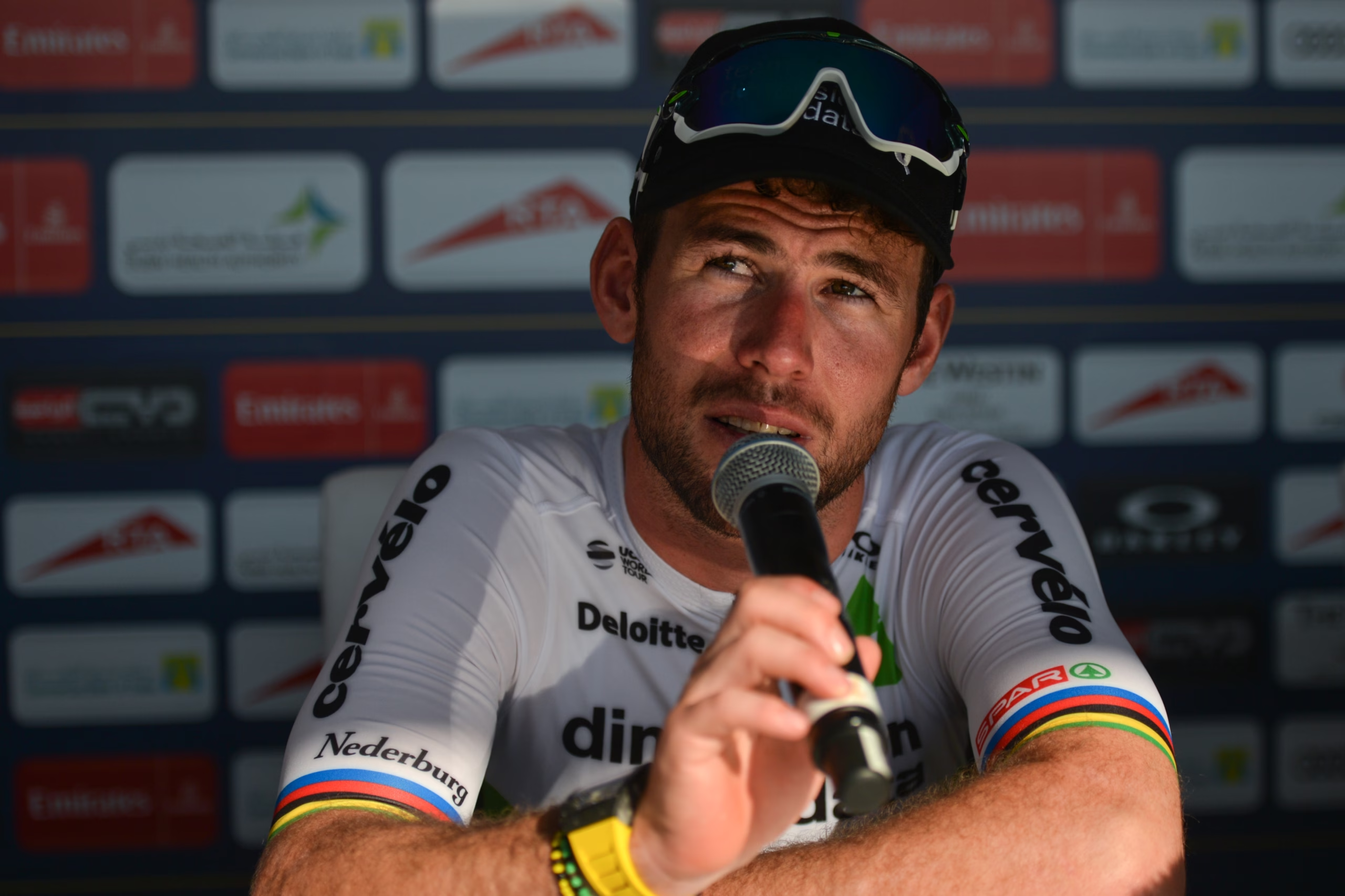The past few seasons have seen several high-profile professional cyclists open up about their struggles with mental health.
Mark Cavendish revealed he battled clinical depression following his struggles to regain form after suffering from the Epstein-Barr virus; Tom Dumoulin retired due to burnout, repeatedly stating that he was “mentally exhausted”;
More recently, younger, less experienced riders have struggled earlier in their career too. Prodigious cyclo-cross star Fem van Empel is currently on a hiatus from racing due to mental pressure, whilst Leo Hayter stepped away from the sport and Ineos Grenadiers in August 2024, revealing a five-year battle with depression, anxiety and disordered eating. Positively, he’s now actively seeking a return to professional racing, appealing to teams to let him race the Chrono des Nations this October in search of a permanent place next year.
Given that those are just examples of riders who have spoken out publicly, just how deep are the mental health issues in professional cycling? And, in a sport that prides itself on self-flagellation, what’s being done to address the pain that lives with riders beyond a training session?
More shattered than collarbones
“If you’ve been racing for over 10 years, the chances of breaking your collarbone are around 25%. Is that the worst ‘injury’? Not when you take into account the lifetime risk of a cyclist suffering from depression. That’s around 27.8%.” Those are the words of Professor Dr Michael Liebrenz, head of the department of forensic psychiatry at the University of Bern in Switzerland.
Liebrenz has helped to establish the Swiss Mental Health Hub, which offers confidential consultations and educational outreach. It’s targeted at the Swiss national team, but he helps riders all around the world, many of whom share common issues.
“In our systematic review, the rates of self-reported substance use or addiction-related behaviour among cyclists was around 22%,” he adds.
What Liebrenz sees, especially in riders dealing with insomnia, anxiety or depression, is a pattern of reliance on prescription medications like benzodiazepines or Z-substances, particularly around multi-stage races.
“Anecdotally, there seems to be a fairly relaxed prescribing culture during long tours, often with limited…
Click Here to Read the Full Original Article at CyclingNews RSS Feed…

